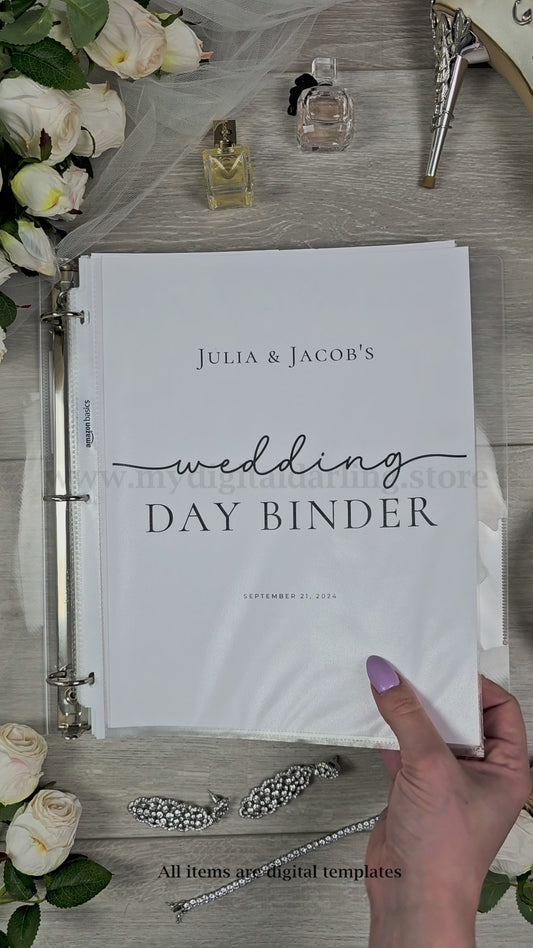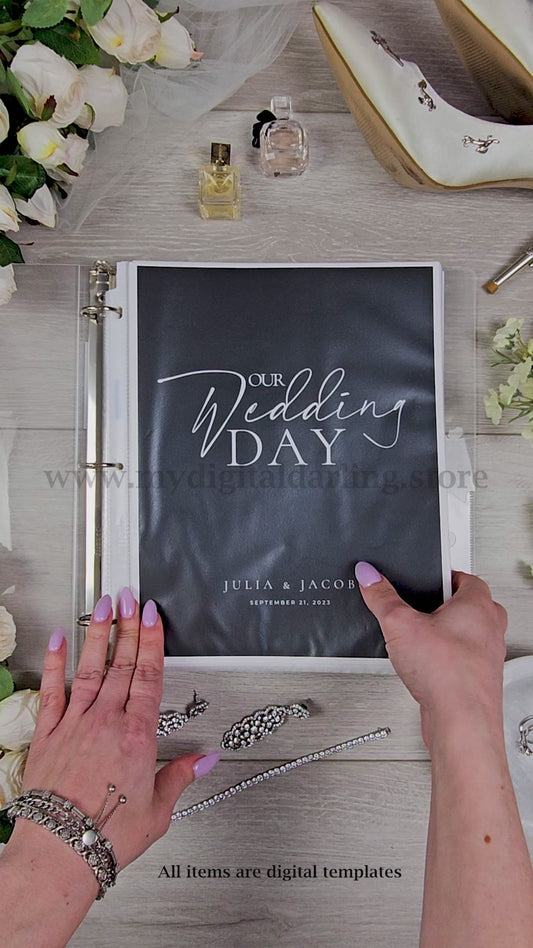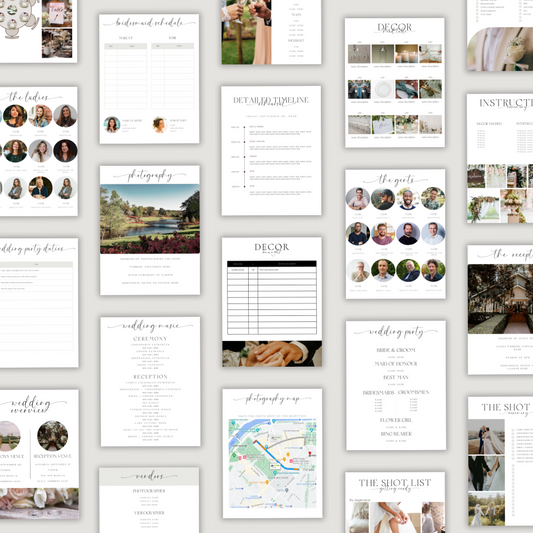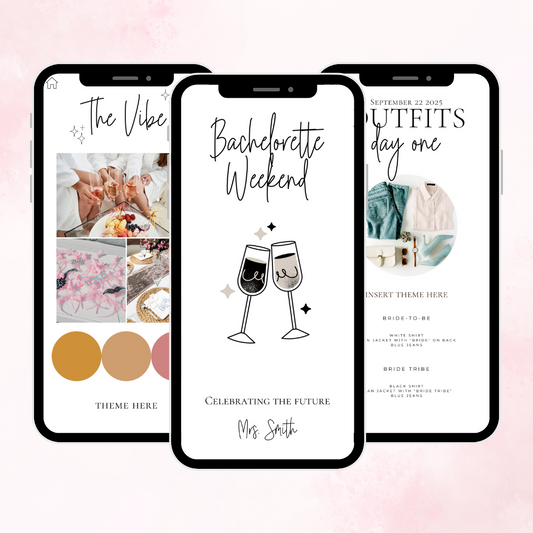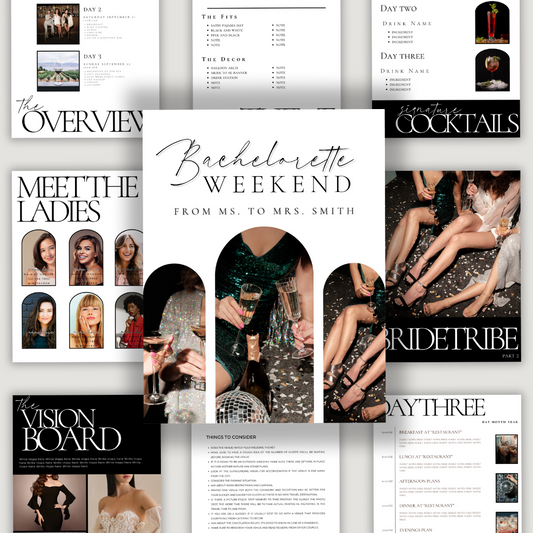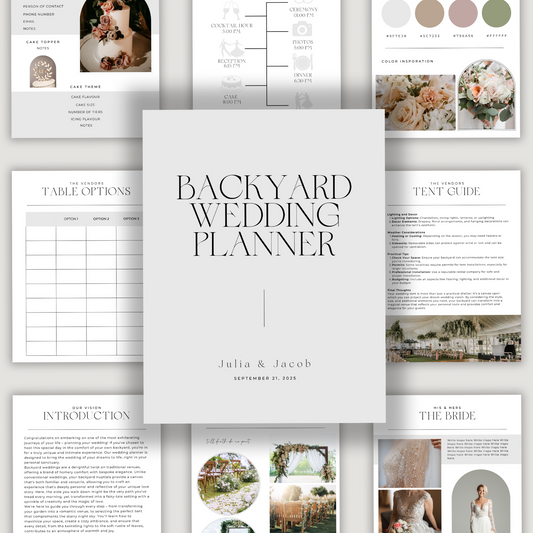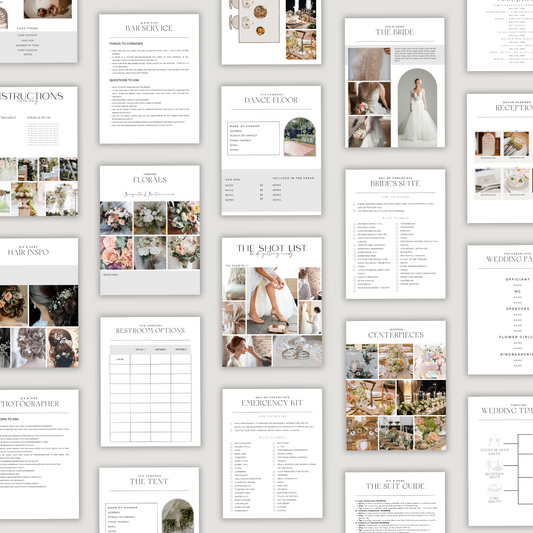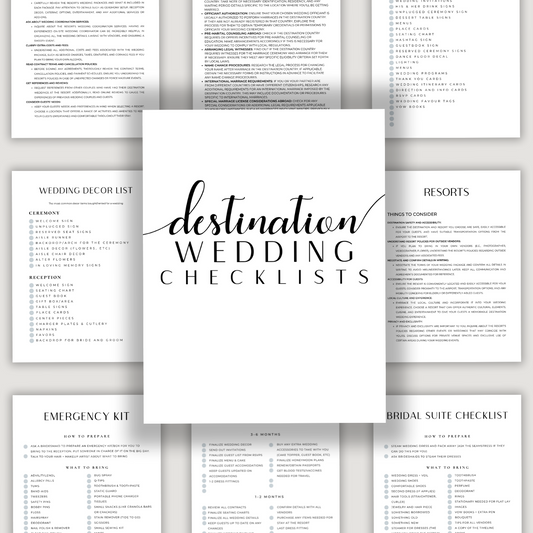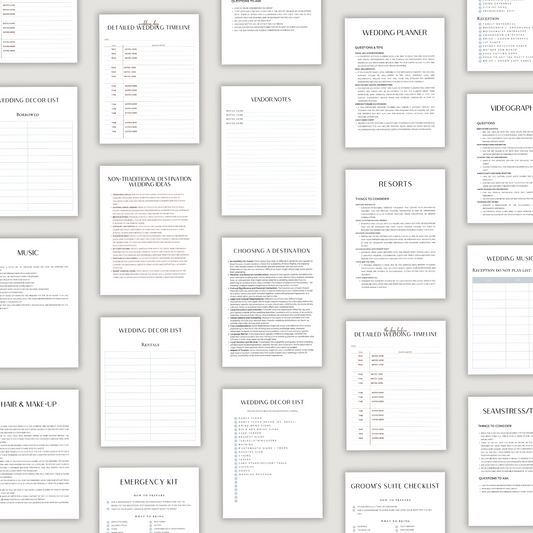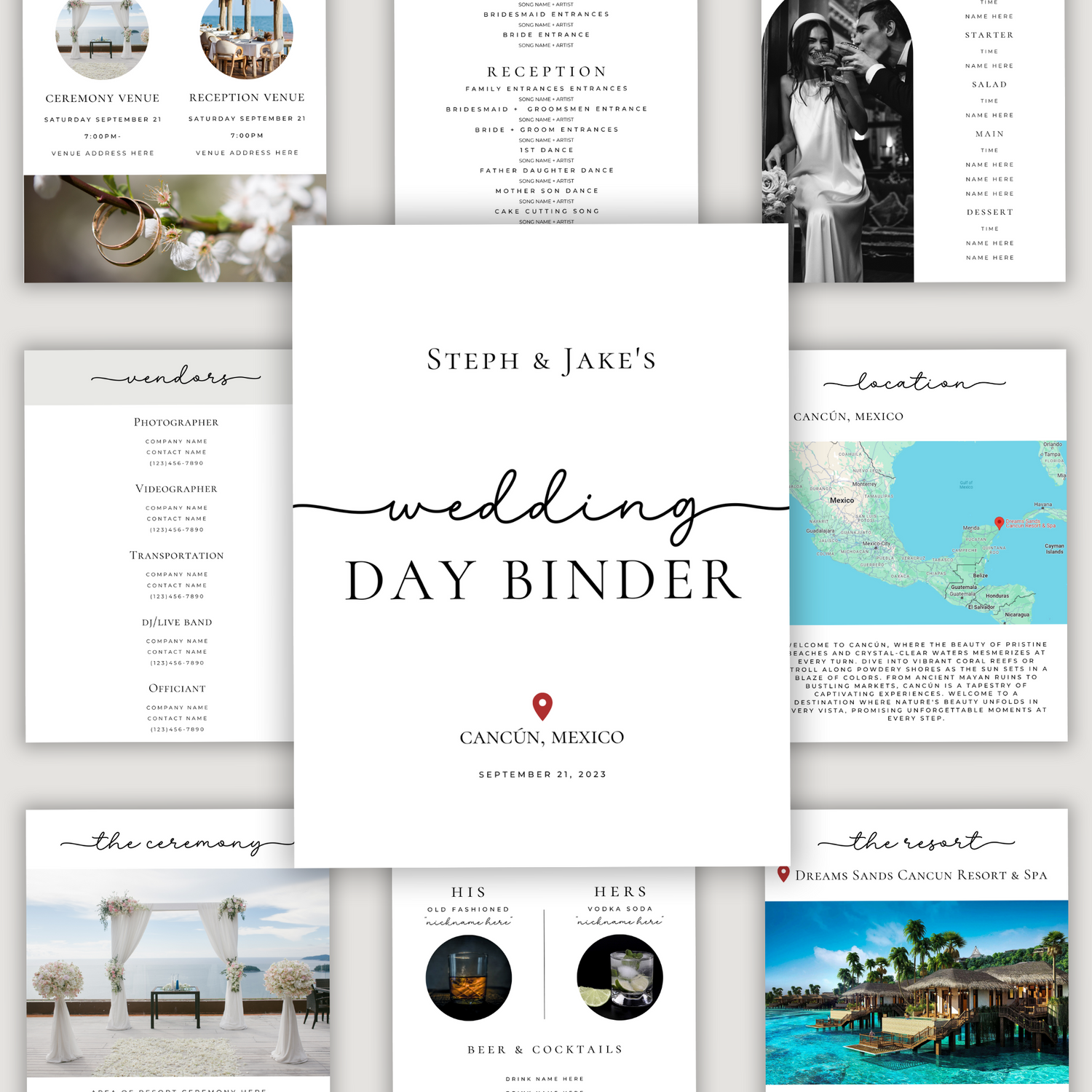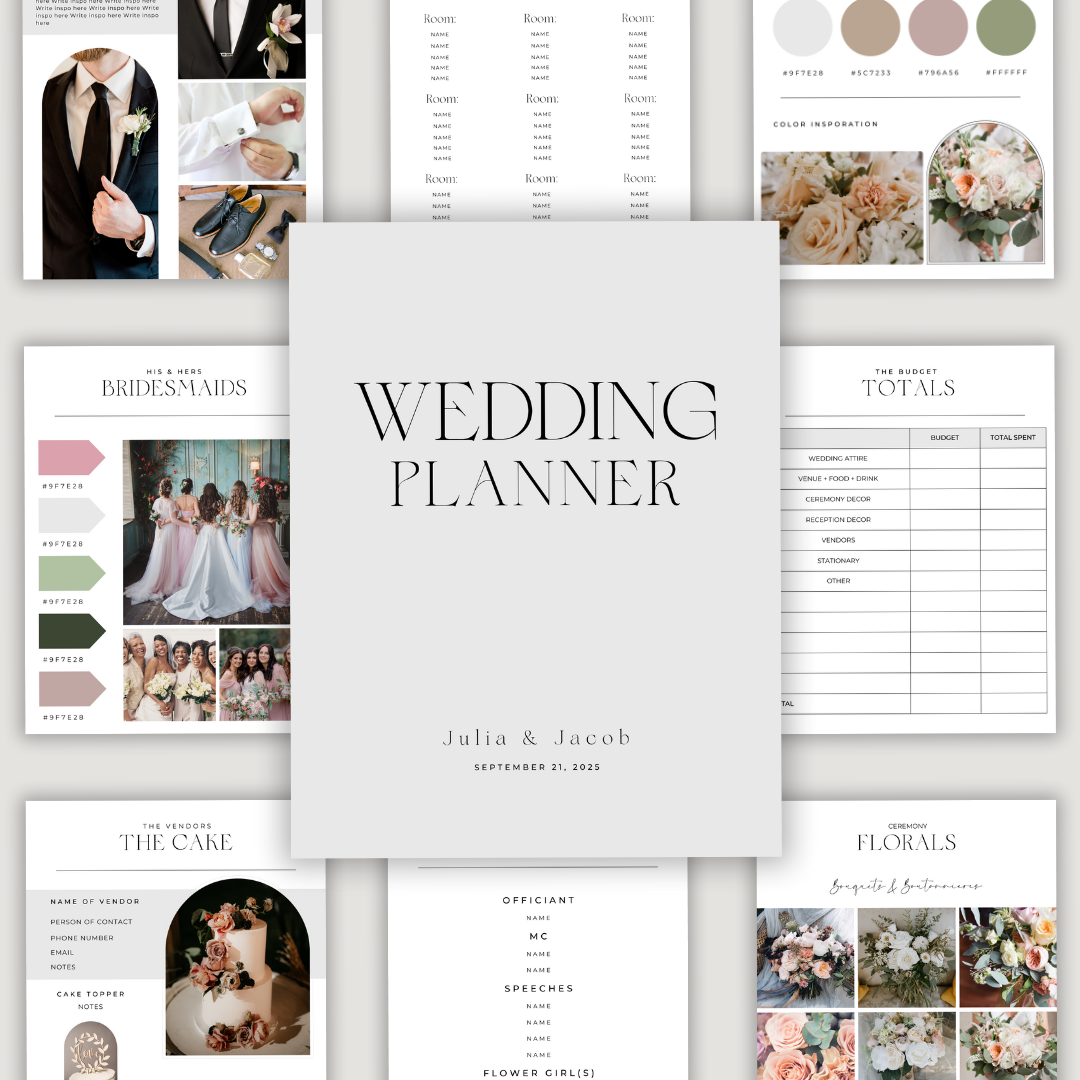What Does an OTD Coordinator Do?
Share
Planning a wedding can be a thrilling adventure, but the day-of logistics can be overwhelming. That’s where an OTD (On-the-Day) Coordinator comes in! This wedding professional steps in to ensure everything runs smoothly on your special day, taking the stress off your shoulders so you can fully enjoy the celebration. But what exactly does an OTD coordinator do? Let’s dive into their magical world and find out!
The Role of an OTD Coordinator: Your Day-of Superhero
An OTD coordinator is like your wedding day best friend who swoops in to manage all the details, ensuring your vision comes to life seamlessly. Here’s a breakdown of their responsibilities and how they make your big day stress-free and memorable.
1. Pre-Wedding Preparation: Setting the Stage
Final Details Meeting
- Timeline Review: About a month before your wedding, the OTD coordinator meets with you to review all the final details and create a comprehensive timeline.
- Vendor Confirmation: They contact all your vendors to confirm arrival times, setup requirements, and any specific instructions, ensuring everyone is on the same page.
Rehearsal Coordination
- Run-Through: The coordinator oversees the rehearsal, guiding the wedding party through their roles, ensuring everyone knows where to be and when.
- Q&A Session: They address any last-minute questions or concerns from the wedding party, making sure everyone feels confident and prepared.
2. Wedding Day Management: The Main Event
Early Arrival
- Setup Supervision: On the big day, the coordinator arrives early to oversee the setup at the ceremony and reception venues. They ensure everything is arranged according to your plans, from decor to seating.
- Vendor Check-In: They greet and direct vendors, confirming that all setups are completed on time and to specification.
Timeline Execution
- Keeping on Schedule: The OTD coordinator is the master of the timeline, ensuring every event happens at the right time, from the processional to the reception events.
- Smooth Transitions: They manage transitions between events, such as moving from the ceremony to cocktail hour, ensuring everything flows seamlessly.
Ceremony Coordination
- Processional Management: The coordinator cues the wedding party for the processional, ensuring everyone knows their order and timing.
- Guest Assistance: They help guide guests to their seats, distribute programs, and manage any special seating arrangements.
Reception Oversight
- Event Orchestration: During the reception, the coordinator ensures all events, such as the first dance, toasts, and cake cutting, happen on schedule.
- Problem-Solving: They handle any issues that arise, from minor decor adjustments to vendor concerns, without bothering the couple.
3. Guest and Vendor Liaison
Guest Assistance
- Point of Contact: The coordinator is the go-to person for guests, answering questions and providing directions, ensuring everyone knows where to go and what to do.
- Accessibility: They ensure that any special needs or requests from guests are addressed promptly and discreetly.
Vendor Coordination
- Main Contact: They act as the main point of contact for all vendors, managing logistics and ensuring everyone is informed and on time.
- Payment and Gratuities: They handle final vendor payments and distribute gratuities, taking this task off your to-do list.
4. Post-Wedding Wrap-Up: The Grand Finale
Tear Down and Pack Up
- Breakdown Supervision: After the celebration, the coordinator oversees the breakdown and cleanup of the venue.
- Item Collection: They ensure all personal items, gifts, and decor are packed up and returned to the designated person or place.
Vendor Follow-Up
- Final Checks: They make sure all vendors complete their duties and that nothing is left behind or forgotten.
- Feedback and Thanks: Some coordinators also follow up with vendors to ensure everything went smoothly and to extend thanks.
Why an OTD Coordinator is Essential
Having an OTD coordinator means you can relax and fully immerse yourself in the joy of your wedding day. Here are a few reasons why they’re invaluable:
- Stress Reduction: They handle the nitty-gritty details, allowing you to enjoy your day without worry.
- Seamless Execution: With a professional managing the timeline and vendors, your day will unfold smoothly and beautifully.
- Guest Enjoyment: Your guests will appreciate having a point of contact to address their needs and questions, enhancing their experience.
What you need to give your Coordinator:
To ensure your On-the-Day (OTD) coordinator can execute your wedding day flawlessly, it's crucial to provide them with all the necessary information and tools. One of the best ways to do this is through a well-organized wedding binder. Here’s what you should include:
1. Detailed Timeline
2. Vendor Information
3. Wedding Party Details
4. Ceremony and Reception Layouts
5. Music and Entertainment
6. Emergency Kit Checklist
7. Important Documents
8. Guest Information
Providing these details in a well-organized wedding binder ensures your OTD coordinator has all the information they need to make your wedding day run smoothly!


